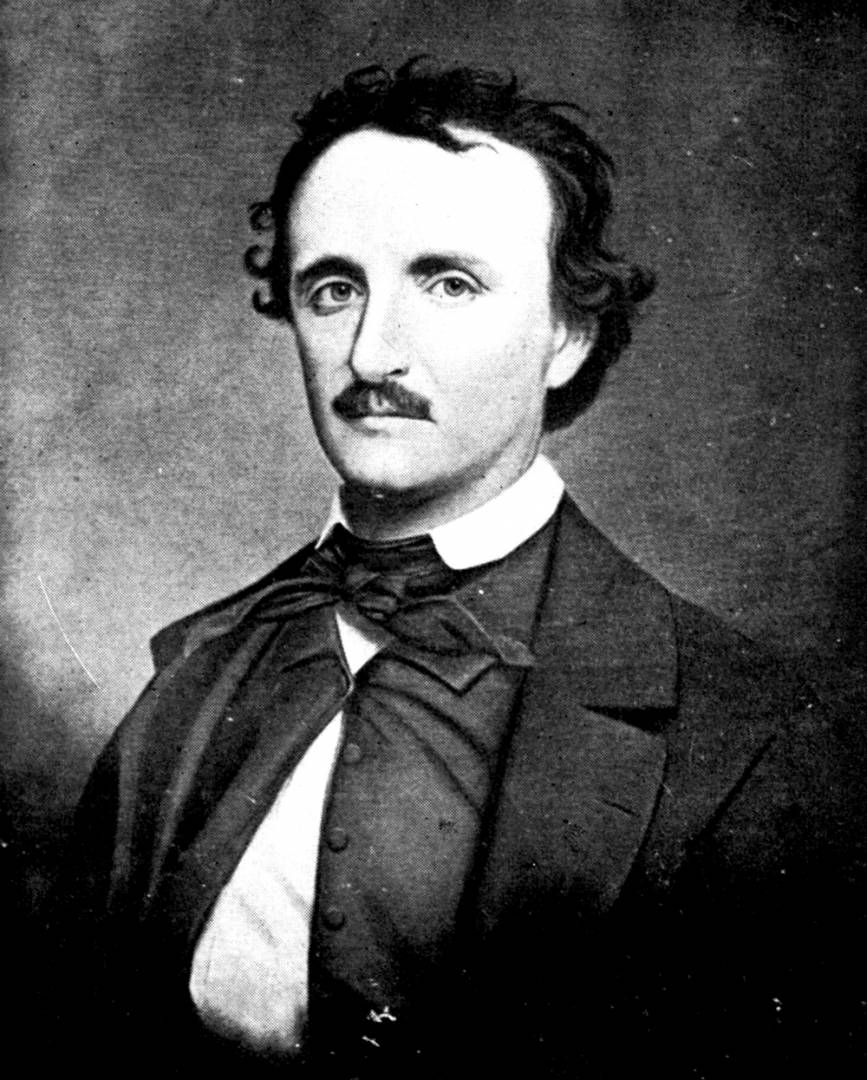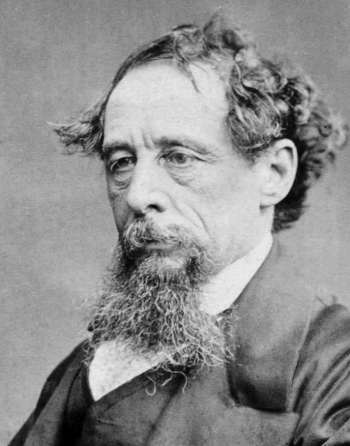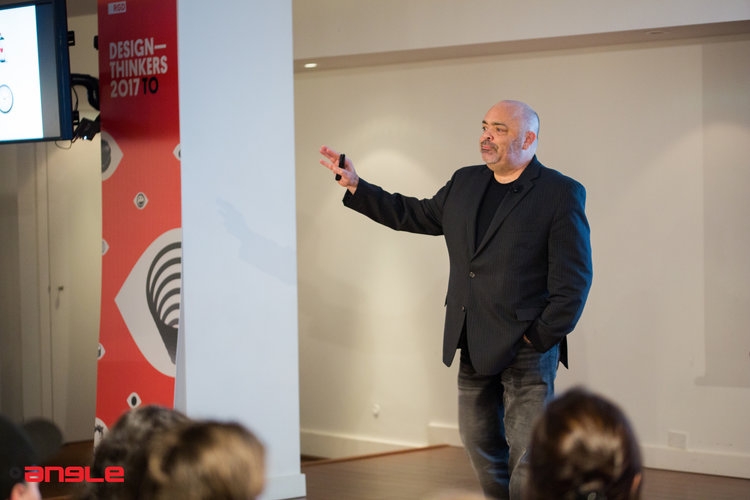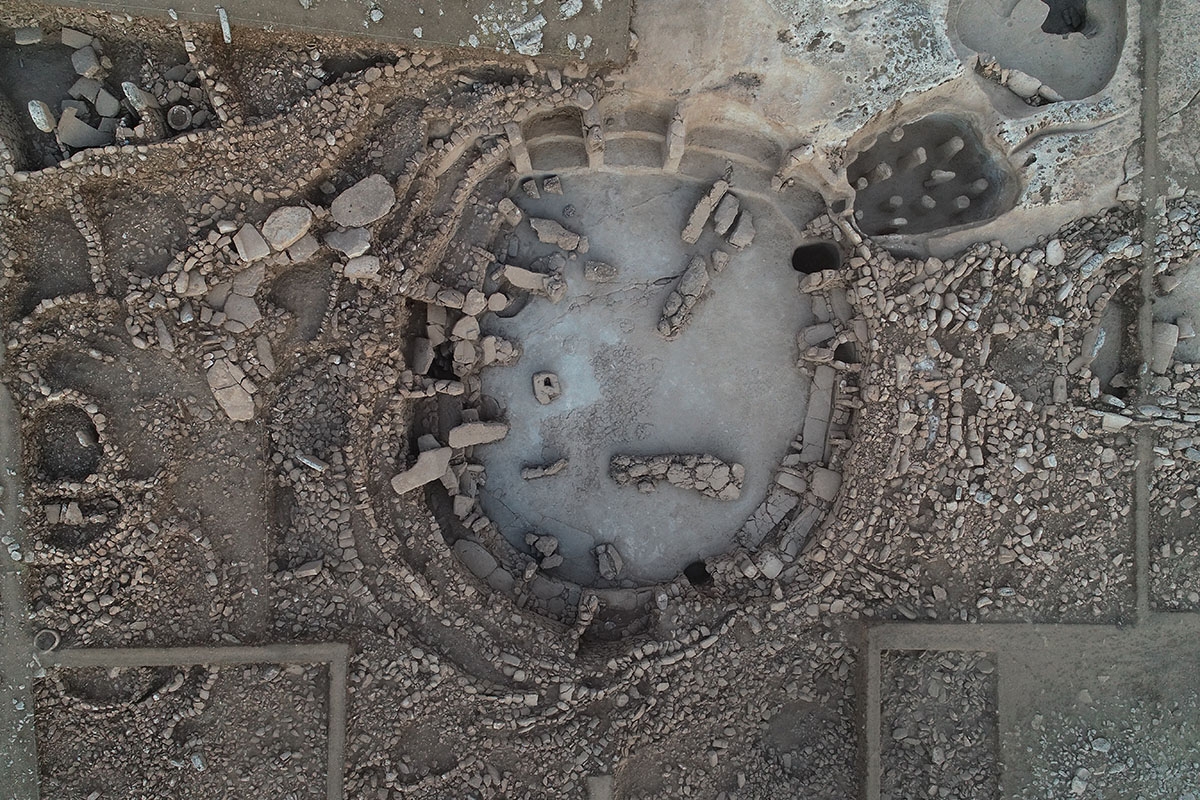
Some of History’s Greatest Thinkers Were a Little Bit Insane
Edgar Allan Poe, photo courtesy of Wikimedia Commons.
It has been said that there is a fine line between genius and insanity. The link between the two is not absolute, but some scientific studies suggest the two are interconnected.
Mental health research claims that individuals experiencing various states of psychosis will filter stimuli differently than the average person. Psychosis allows the human brain ‘to ponder contradictory ideas simultaneously and gain insight into loose associations that the general unconscious brain would likely not consider worthy of sending to consciousness.’
This certainly doesn’t mean that every insane person is also a genius. However, it’s arguable that all geniuses are also completely nuts to some extent. The relative derangement in thinking can result in original and enlightened views; sometimes leading to profoundly skilled literary masterpieces. Some of the most prominent and profound writers in history are undoubtedly “insane geniuses.” Here is a list of a few you might not have expected.
Agatha Christie
Initially rejected by two publishers, Agatha Christie is one of history’s best-selling authors. Her literally works were eventually published in the early 1900’s; totaling 66 detective novels and 14 short story collections. Agatha Christie had some odd quirks. For a long time she insisted her writing be done only while taking baths and eating apples!

Charles Dickens
Criticized for his ‘loose writing’ and ‘lacking psychological depth’, Dickens preached about the abuses suffered by the working class. Charles Dickens is now famous for literary works such as A Christmas Carol, Oliver Twist and A Tale of Two Cities.
Edgar Allan Poe
Famously known for his poem ‘The Raven’ and other great works, Edgar Allan Poe wrote in scroll fashion, using his tabby cat as a ‘literary guardian’. In 1849, Poe was found unconscious on a Baltimore street and was taken to a hospital where he died a few days later. Although there are theories about Poe’s death, the exact cause for being found in a state of unconsciousness has never been adequately explained by critics. A recent biographer asserts that all the evidence points to Poe being beaten by the brothers of a woman to whom he was engaged in order to prevent the marriage taking place.
Friedrich Nietzsche
A large number of Nietzsche’s literally achievements were denied publication until more than 20 years after their composition. Referenced for his literary and philosophical masterpieces, Nietzsche writes in biblical-narrative form. His socialtheoretical perspectives are relevant and studied in universities today. In 1889, having lost control of his mental faculties completely, Nietzsche spent the last 11 years of his life in an asylum.
Although the definition of ‘genius’ is controversial, the term is usually associated with someone who displays unprecedented intellectual aptitude. The characterizations of insanity include mental instability and the defiance of social norms by virtue of unhealthy behavioural patterns. Historically, it appears that the initial rejection of writing by ‘insane-geniuses’ is commonplace.
Is it possible to define a writer as either ‘genius’ or ‘insane,’ or are these intangible concepts which vary according to current social norms? As the Romantic poet William Wordsworth once wrote: ‘We poets in our youth begin in gladness but thereof come in the end despondency and madness.’
Evidently, the distance between genius and insanity is often measured by success alone.










